Dubai offers a streamlined process through which people can buy property. The Dubai Land Department (DLD) oversees and ensures strict adherence to real estate laws regarding home buying processes in Dubai, which need to be followed.
Purchasing a property as a beginner can be quite difficult, which is why it is crucial to know the laws, the type of properties to buy in Dubai and the legal steps to follow.
This property-buying guide tells you everything that you need to know.
- Law No. 7 of 2006
- Factors to Consider Before Buying a Property
- Legal Steps to Buying a Property in Dubai
- Costs to Consider Before Buying a Property
- FAQs

Law No. 7 of 2006
The Law No. 7 of 2006 is legislated concerning real property registration in the Emirate of Dubai. It includes laws about the right to own real estate in Dubai under certain conditions.
The law allows UAE nationals and GCC (Gulf Cooperation Council) citizens to own property in Dubai. As for foreigners, certain reasons are determined by the Ruler under which they hold the right to own property in the following ways:
- Freehold ownership of real property.
- Leasehold over real property for no more than 99 years.
Factors to Consider Before Buying a Property
Before settling on whether or not to buy, here’s what to consider while purchasing property in Dubai.
Freehold or Leasehold Property
The differences between freehold and leasehold properties are listed as follows:
- Freehold: Grants the buyer to own the property forever.
- Leasehold: Allows the purchaser to hold ownership over the property for 99 years.
Market Research
Dubai’s market is ever-changing, so it is important to note the current market trends and conditions. The key benefits of market research are as follows:
Understand Property and Market Trends
Gain insight into the current property prices. Know the market trends and how they change over time.
Where to Invest
Tells you which area is more profitable and convenient for you. If you are planning to live there, go for an area with all the facilities in close reach.
Higher Return On Investment
Proper market research will tell you about the area’s future potential and will most likely give you a higher ROI.
Plan Your Finances Better
Helps you manage your finances better, such as cost estimation, taxes, legal fees, mortgage fees (if any) and maintenance costs.

Hiring a Real Estate Agent
It is not mandatory to do so, but hiring a property agent will make the property-buying process more manageable. Key benefits of it are listed below:
Market Insight:
Real estate agents have excellent extensive market insight and they know Dubai’s current market trends.
Price Budgeting:
They can help buyers negotiate and budget the final purchase prices. Some even know the developers, thus getting you substantial discounts.
Documentation:
A real estate agent can also handle legal documentation such as the MoU.
Expertise:
Experts know their job well. The same goes for the expert property agents who know how to go about the whole property-buying process. Also, they can guide buyers on legal matters.
Legal Steps to Buying a Property in Dubai
The guide to buying the property also includes strict legal steps that the buyer should follow. The legal procedure to buy property is as follows.
Buyer – Seller Contract
After choosing the property, it is time to move on to the next step. A contract needs to be signed to ensure the legalities of the purchase and list down all the necessary details.
Signing Memorandum of Understanding (MoU)
The Memorandum of Understanding, a type of RERA Form, is the Purchase Agreement Contract. It legally binds the buyer and the seller with the terms of the contract. Ideally, a contract should contain the following:
- Name and UAE ID details of the buyer and seller.
- The purpose and intent of the contract should be clear.
- Each party should understand and agree to the terms of the contract.
- The MoU needs to be written in English or Arabic.
- Financial details, such as payment (cash, mortgage or instalments), amount of payment and date of receiving.
- All rights and responsibilities should be established.
- Signature of buyer, seller and witnesses (if any).

NOC Application
The NOC (No Objection Certificate) is a document commonly required in various administrative processes and transactions, particularly in real estate. It takes consent of the developer or homeowners association (HoA), that they have no objections to a specific action or transaction being pursued by the seller or buyer.
Transfer of Ownership at the Registrar’s Office
Ownership Transfer is the next viable step, as it finalises the process of legally transferring the property to the buyer. The steps that are required are as follows:
Documents Submission:
Payable Cheque, NOC, F Form (signed) and Emirates ID of both parties.
Verify the details:
Location of property, original ownership verification, all terms and conditions should be met and both parties should be identified.
Fee Submission:
The fee needs to be submitted.
Wait for the Title Deed through Email.
Costs to Consider Before Buying a Property
Several concerns need to be considered before house-buying in Dubai, listed as follows:
- Down Payment: 25% of total property for expats and 20% for nationals.
- Property Valuation: Above AED 2,500 + 5% VAT.
- Processing Fee for Bank Mortgage: 0.5% of the total loan amount and 5% VAT extra.
- DLD Registration Fee for Property: AED 4000 + 5% VAT.
- DLD Fee for Mortgage Registration: 0.25% of the total loan amount + extra charges.
- Fee for Transfer: 4% of the agreed purchase price + extra charges.
- Issuing Title Deed: AED 580.
- Admin Fees to the DLD: AED 4,200.
- Agency Fee: Property price 2% + 5% VAT.
- Security Deposit: 10% of the official purchase price.
- DEWA, Maintenance and Transfer Fees.
Browse Properties for Sale in Dubai
-

Villa
Listed 2 weeks ago
10,500,000 AED
Exclusive | Single Row | Landscaped | Vacant
Sidra Villas I, Sidra Villas, Dubai Hills Estate, Dubai
4
4
3,523 sqft
-
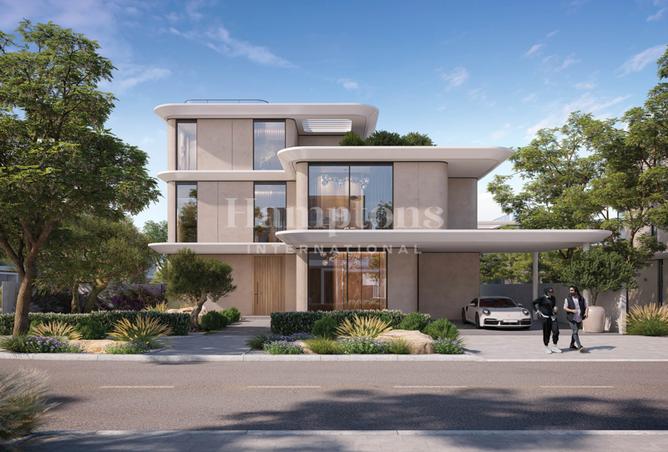
Villa
Listed 2 months ago
12,000,000 AED
Genuine Resale | Single Row | Investor deal
Park Gate, Dubai Hills Estate, Dubai
4
5
5,091 sqft
-
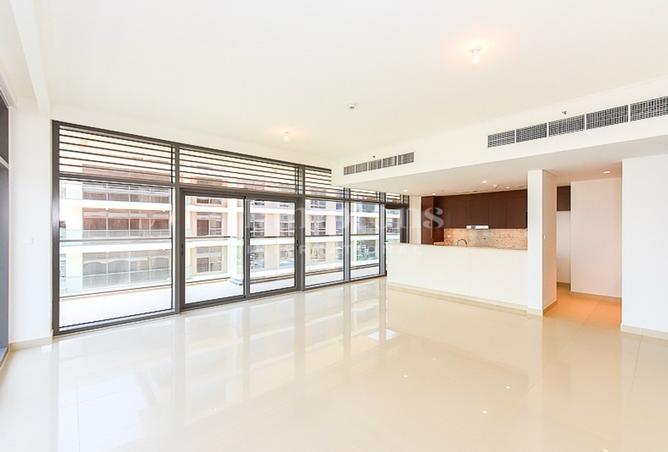
Apartment
Listed 2 weeks ago
4,900,000 AED
OPEN HOUSE 25TH APRIL | CALL NOW TO VIEW
Mulberry 1, Park Heights, Dubai Hills Estate, Dubai
3
3
1,946 sqft
-

Apartment
Listed 17 hours ago
2,800,000 AED
Best Price | Furnished | Mall Access | Brand New
Vida Dubai Mall Tower 1, Vida Residences Dubai Mall, Downtown Dubai, Dubai
1
2
759 sqft
-
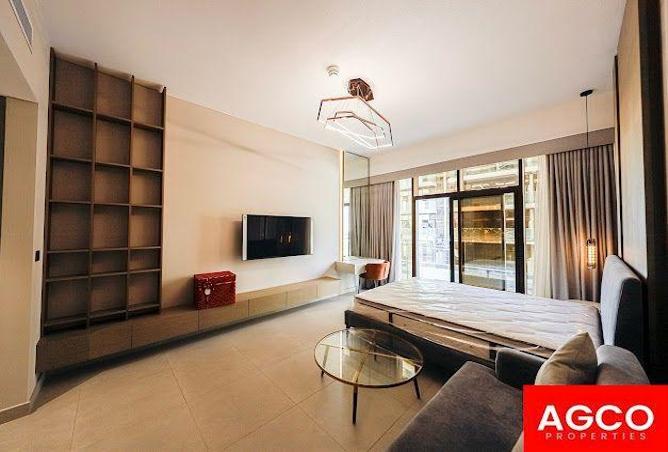
Apartment
Listed 22 hours ago
780,000 AED
Brand new | Furnished | Modern | Vacant
Westwood Grande, Jumeirah Village Circle, Dubai
studio
1
431 sqft
-
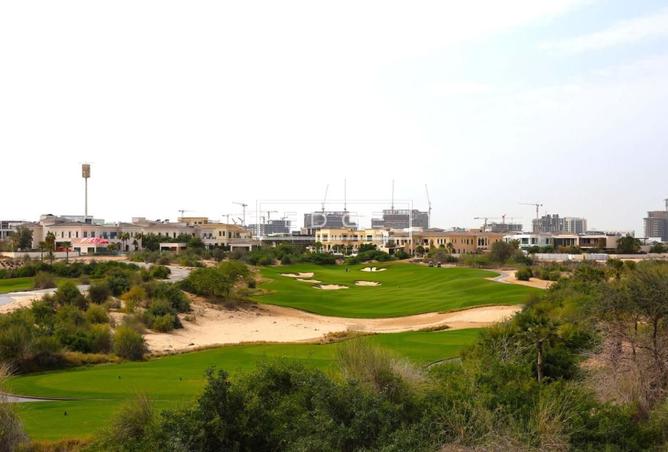
Villa
Listed 5 days ago
36,000,000 AED
Contemporary Type | Best Price | Golf View
Golf Place 2, Golf Place, Dubai Hills Estate, Dubai
6
7
15,918 sqft
-
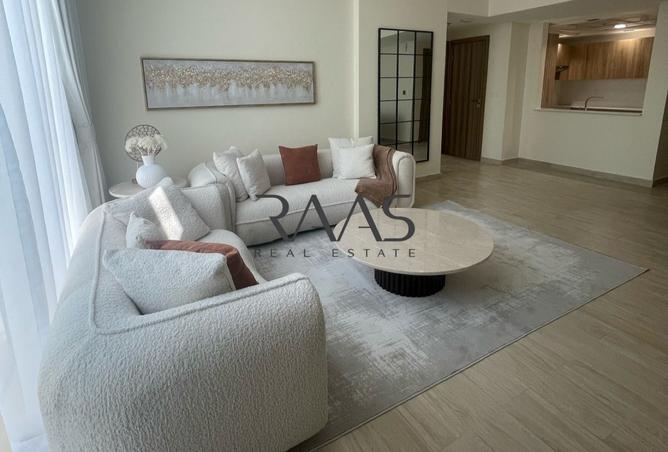
Apartment
Listed 19 hours ago
1,350,000 AED
Exclusive | 0% DLD and Commission | Brand New
03 Residence by NED Al Ghurair, Jumeirah Village Triangle, Dubai
2
3
1,248 sqft
-
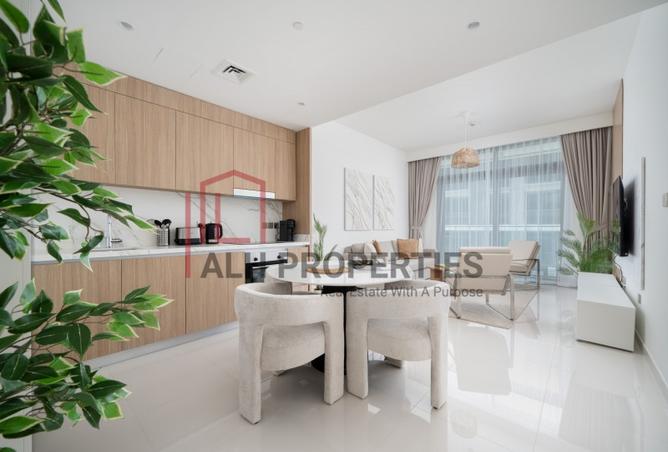
Apartment
Listed 16 hours ago
2,800,000 AED
Vacant | Fully Upgraded | Best Price| Palm Sea View
Beach Vista, EMAAR Beachfront, Dubai Harbour, Dubai
1
1
711 sqft
-
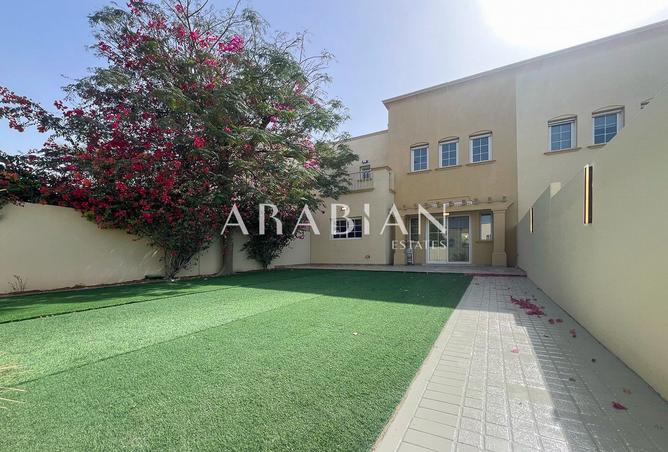
Villa
Listed 5 days ago
4,995,000 AED
New Renovations | Fully Extended | Vacant Now
Springs 9, The Springs, Dubai
3
3
2,744 sqft
-
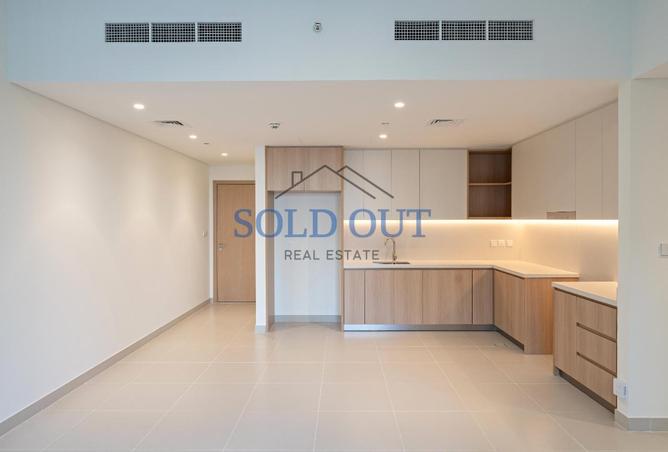
Apartment
Listed 2 days ago
2,350,000 AED
AGENTS WELCOME | NEGOTIABLE | MULTIPLE UNITS
Island Park 1, Dubai Creek Harbour (The Lagoons), Dubai
2
2
1,152 sqft
FAQs
Here are some reasons why buyers might choose to buy off-plan property in Dubai:
– Lower Prices: Developers offer payment plans to make paying off loans a breeze.
– Capital Gains: The UAE’s market worth continues to skyrocket each year, granting high ROIs to buyers.
– DLD’s System: The Dubai Land Department ensures that the process for purchasing a property is very streamlined.
Foreigners can buy properties in Dubai, and these are the types:
– Freehold properties
– Leasehold properties
– For commercial or residential purposes
It is to be noted that the down payment for expats is 25%, while for nationals it is 20%. Expats residing in Dubai should consider the higher costs before settling on a property.
Here are a few factors regarding how much buyers need to earn to buy property in Dubai:
– Banks won’t consider approving a buyer if their annual salary is less than a certain threshold in Dubai.
– The down payment is always 25% of the total property value.
– While earning, there are certain things that buyers need to consider to purchase property such as:
– Down Payment
– Property Valuation
– Processing Fee for Bank Mortgage
– Dubai Land Department Registration Fee for Property
– Dubai Land Department Fee for Mortgage Registration
– Fee for Transfer
– Issuing Title Deed
– Admin Fees to the Dubai Land Department
– Agency Fee
– Security Deposit
– DEWA, Maintenance, Conveyance Fees
Below listed are some of the best areas to buy properties in Dubai:
– Business Bay
– Jumeirah Village Circle
– Jumeirah Lake Towers
– International City
– Palm Jumeirah
A mortgage is required in the event of an inability to pay the full amount in cash for the property. Here are the documents required to get mortgage pre-approval:
– Salary letter
– Passport copy
– Emirates ID
– Credit card statements
– Address proof
– Bank statements.
That’s all there is to know about how to buy property in Dubai. Knowing what factors to consider, as well as costs and legal requirements, prepares the buyer for what to expect before dipping their toes into the residential market in the emirate.
Keep reading Property Finder blogs to know more!








